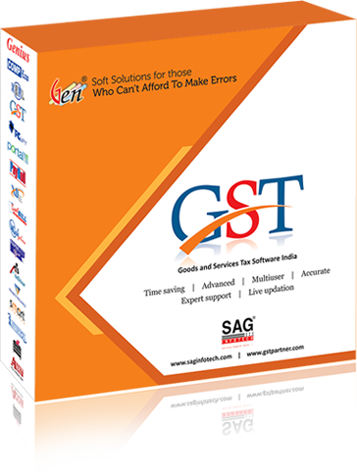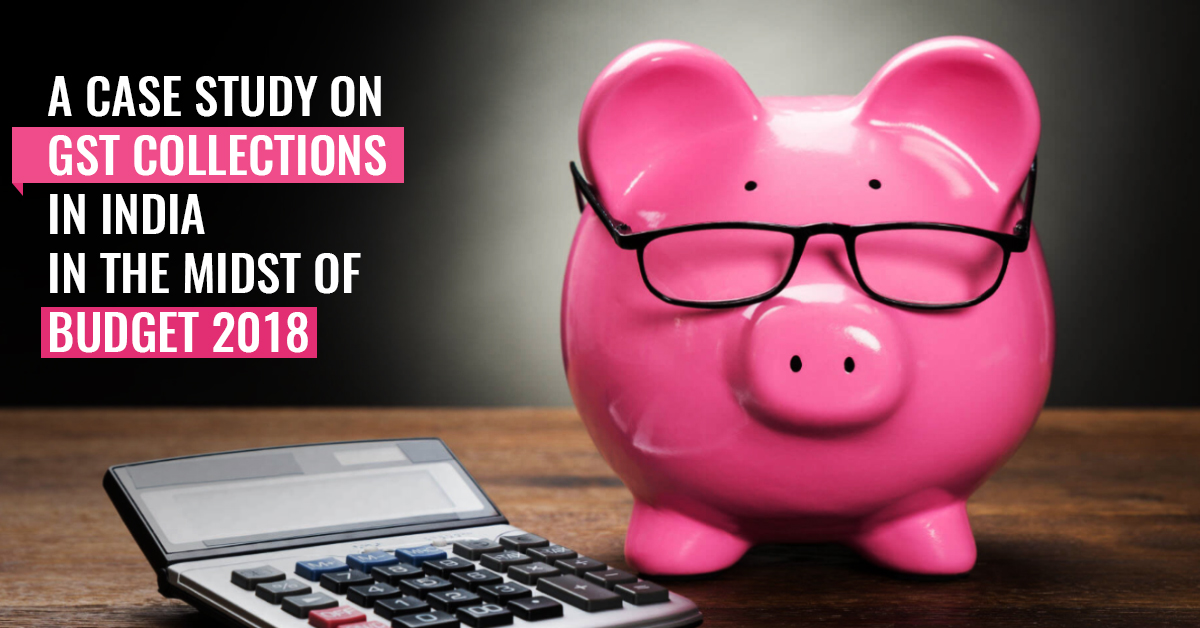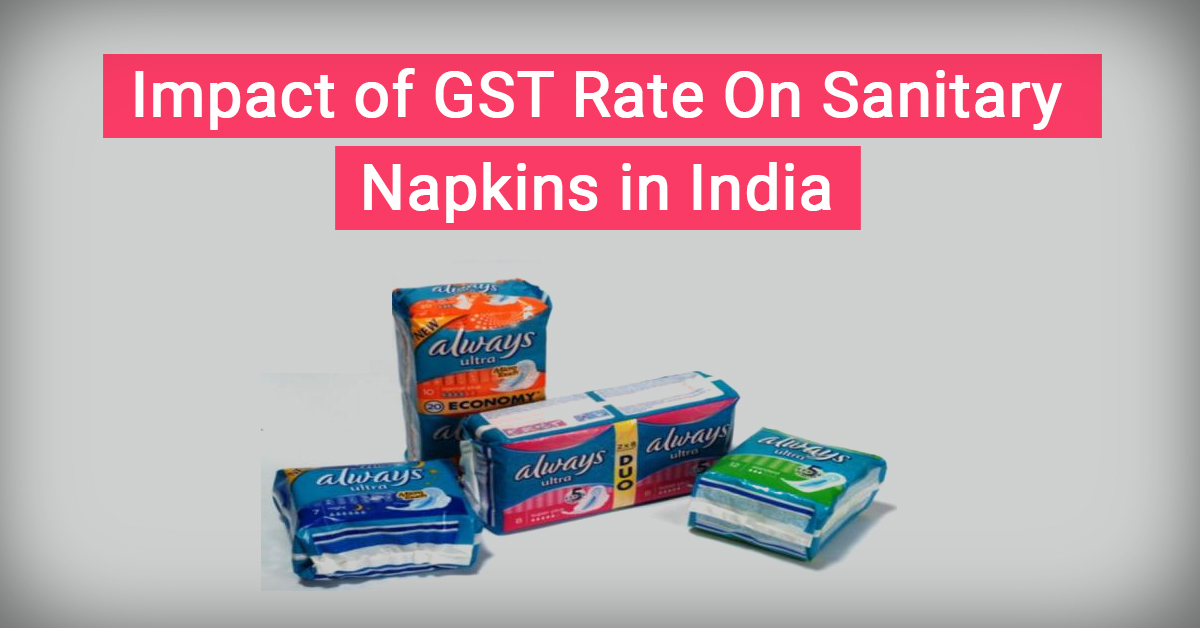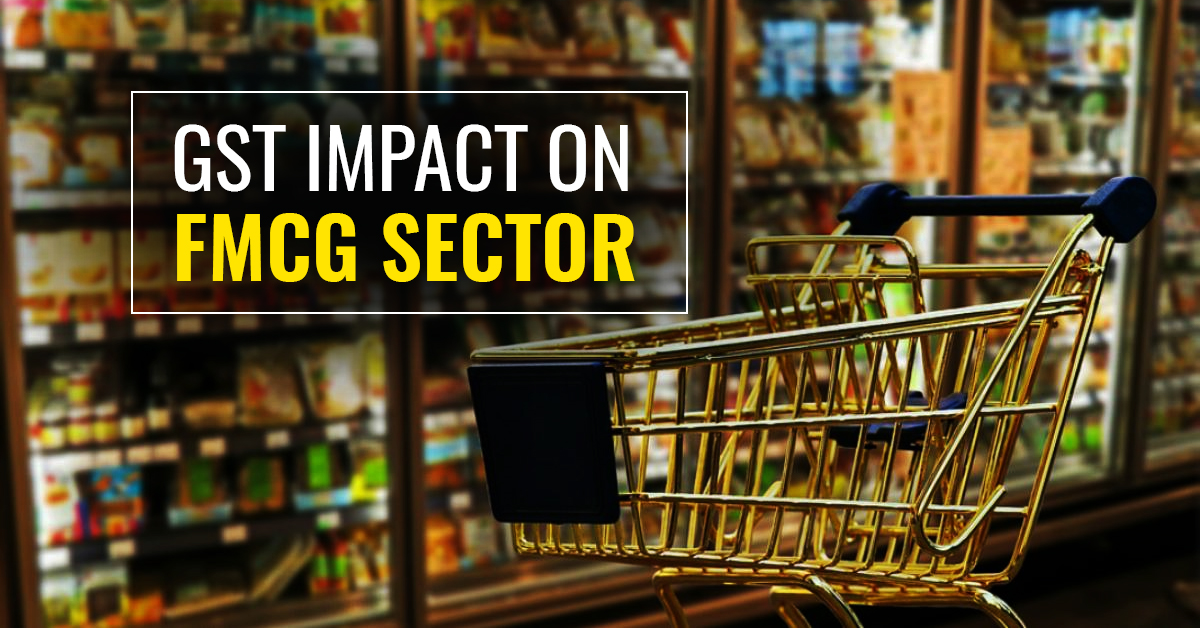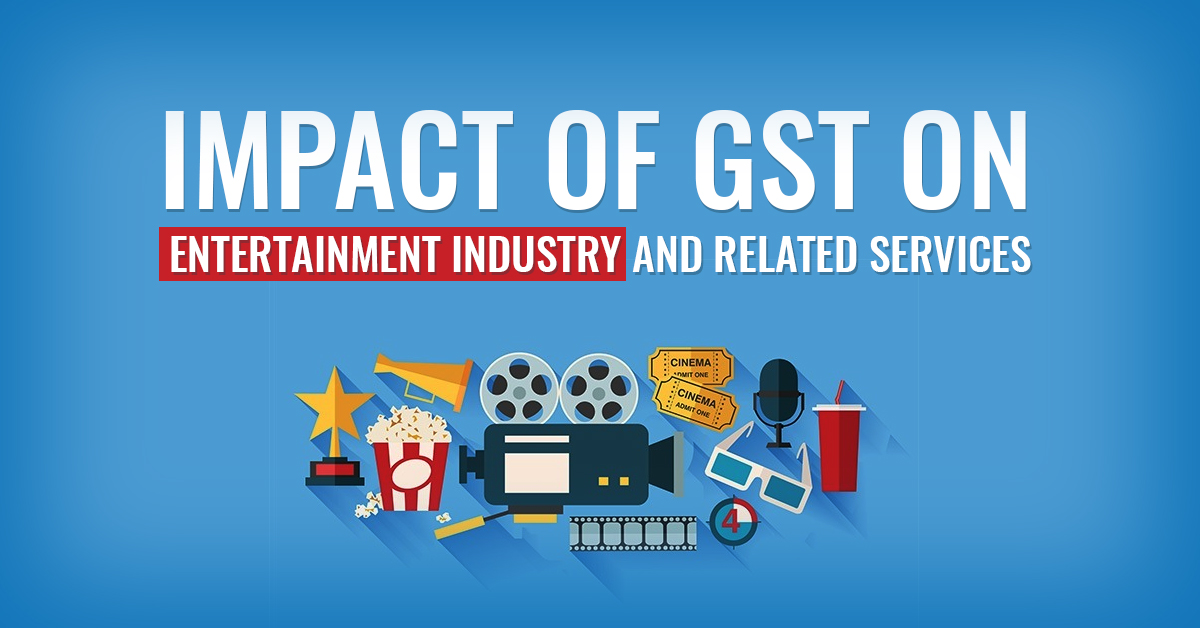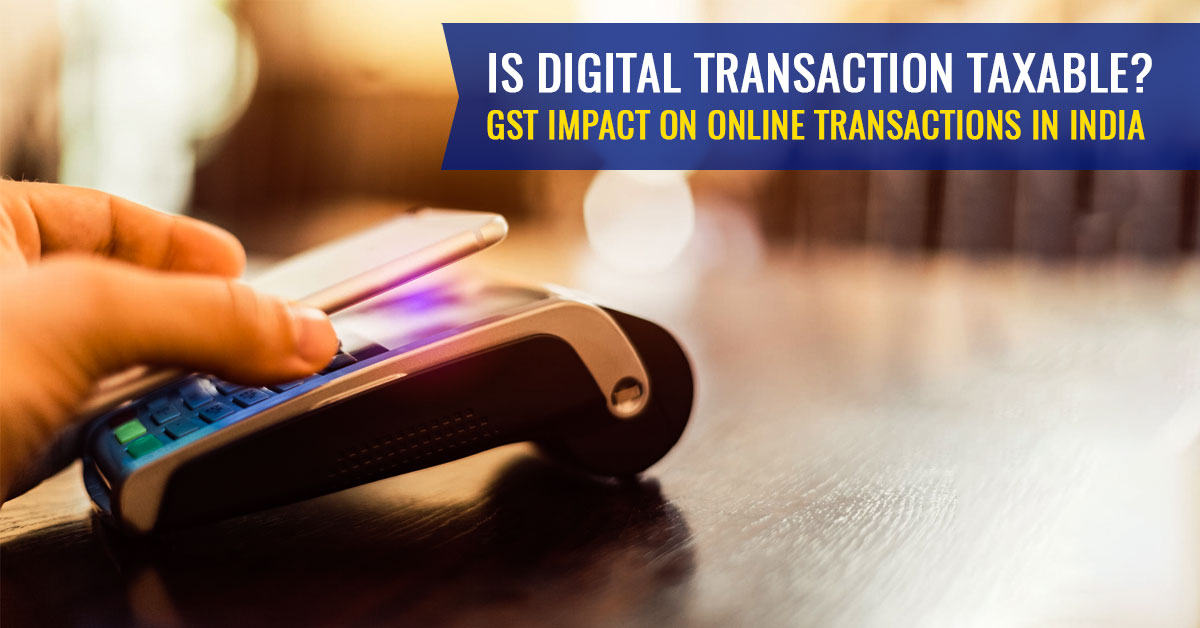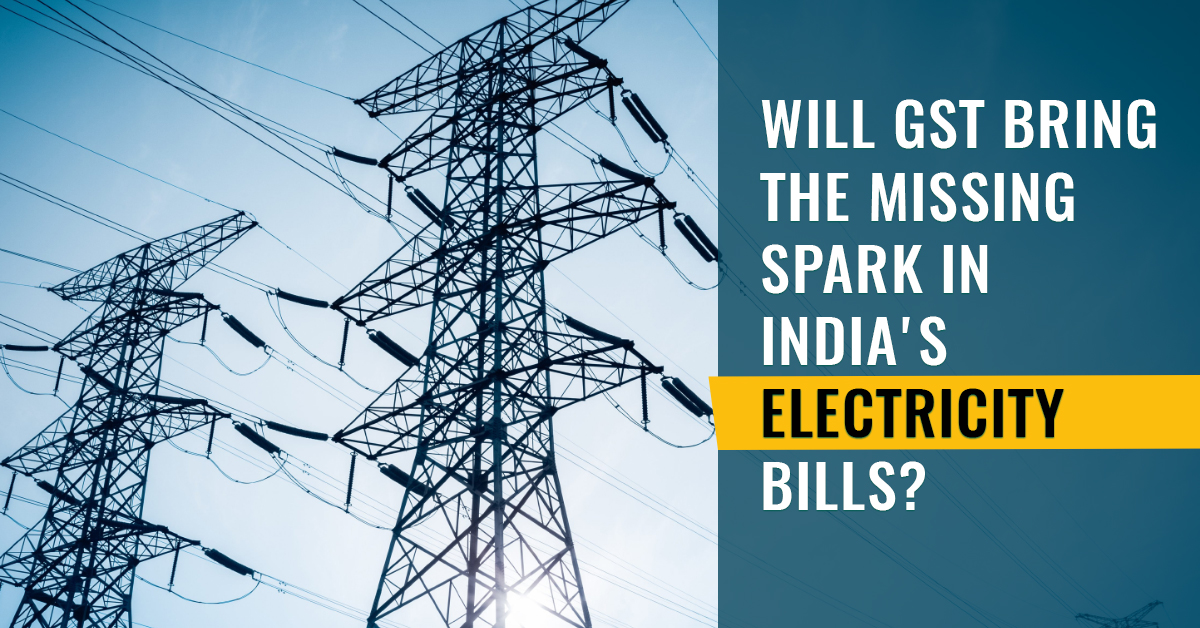
Will GST Bring the Missing Spark in India’s Electricity Bills? “To Be or Not To Be” – Shakespeare’s famous lines appear to fit aptly on the present taxation regime in India. It has been more than six months since the GST tax was implemented, but the GST council has still refrained from bringing real estate and electricity power sector under the new tax regimes radar. In all fairness, GST was a paradigm shift in the Indian Taxation History. And the Government should be given some credit for overcoming the transitional roadblocks. Also from time to time, necessary changes have been made to the tax slabs to address the taxpayers grievances.

